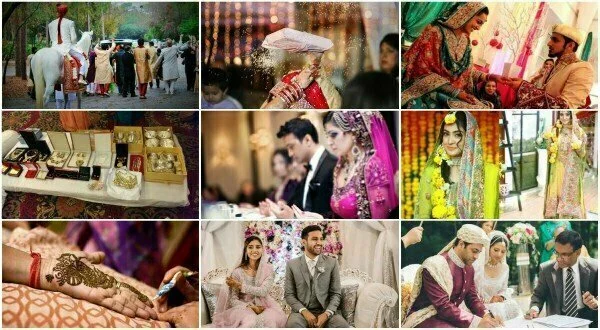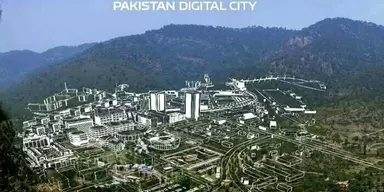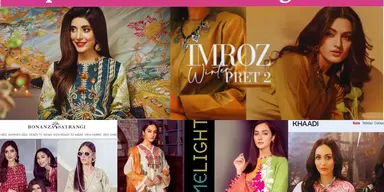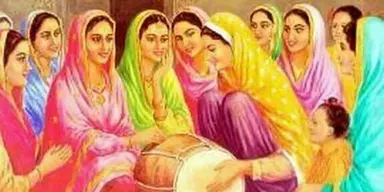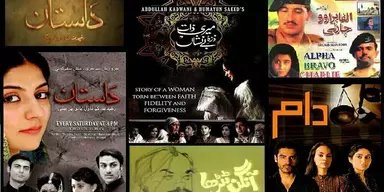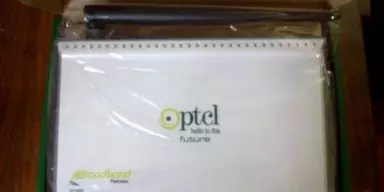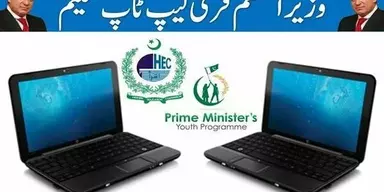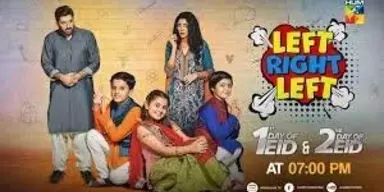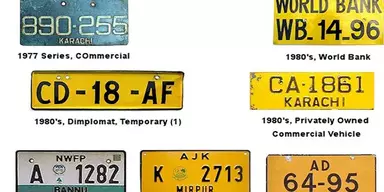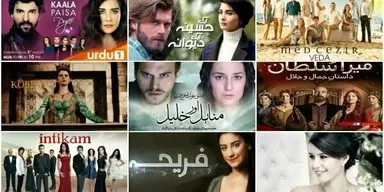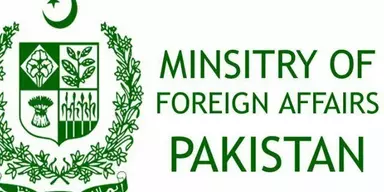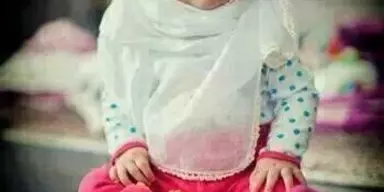The wedding is the biggest family event in every Pakistani society, culture and ethnic groups. It is a social gathering where different cultures, traditions, religions are mixed together in the different way of traditions.
There are different or most common customs, or events are below:
Mangni Ceremony
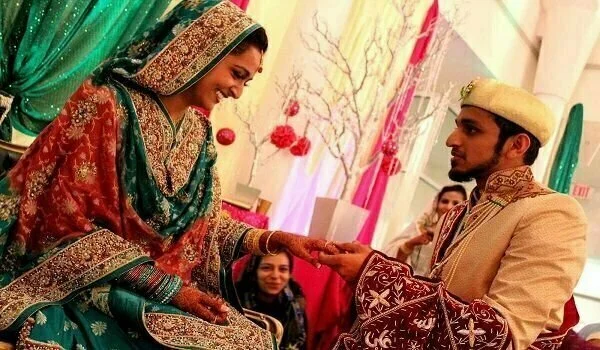
In English, we called it engagement it is just a promise between both the families of bride and groom in the near future. It’s very pleasant celebrating event before the wedding ceremony.
Mayun Ceremony
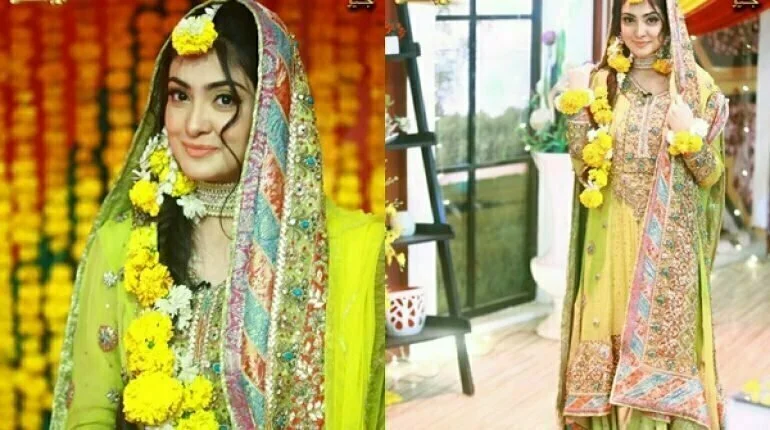
It is a traditional event which is practised in Pakistani wedding, someday before the wedding. In these days the bride wears a yellow dress and applied ubtan on her.
Mehndi Ceremony
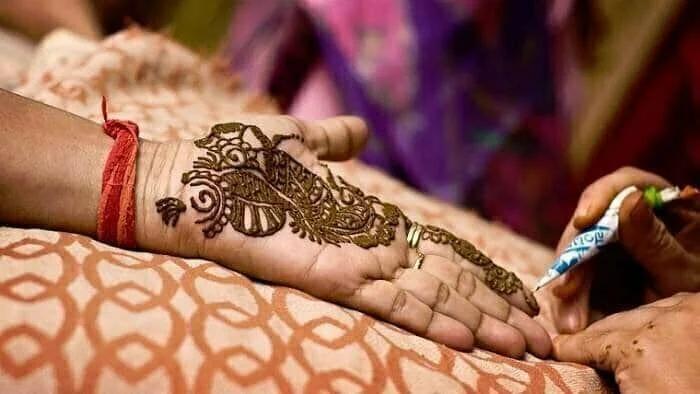
It is ceremony named as henna; it is a dye applies on the hands of bride and groom. This held before the main wedding ceremony and traditionally held separately but nowadays in some families its combine function. This ritual considers being bringing good luck and longevity to the bride’s married life.
Baraat Ceremony
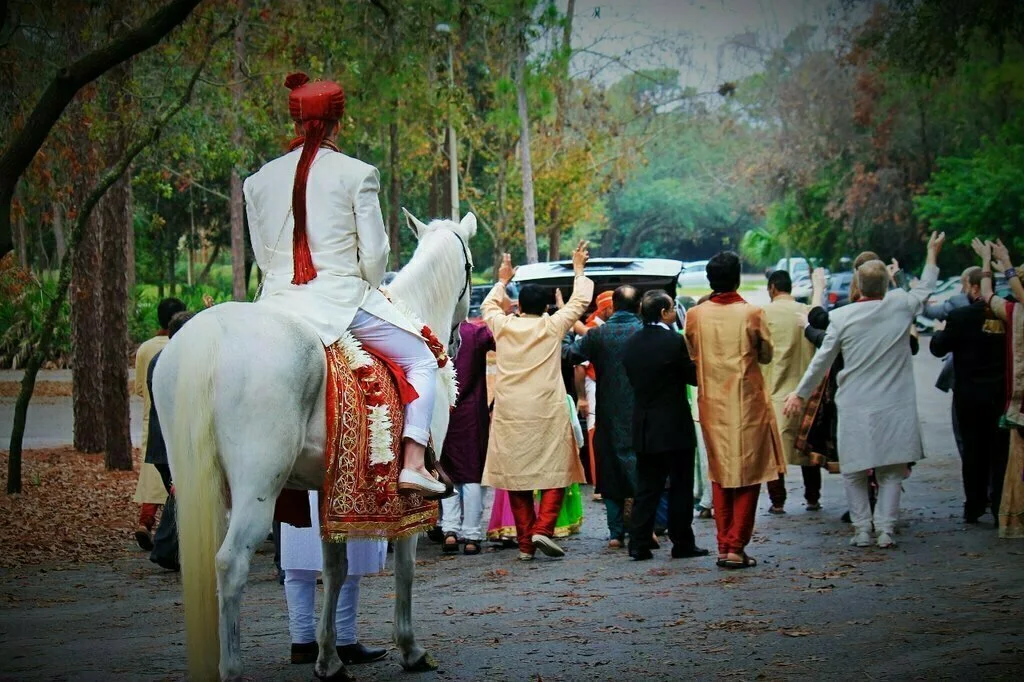
It is the event of the family, relatives and friends of the grooms who gather to the bride’s home for the official wedding ceremony. This is traditionally a large event groom come with wedding bands and dhols etc.
Nikah Ceremony
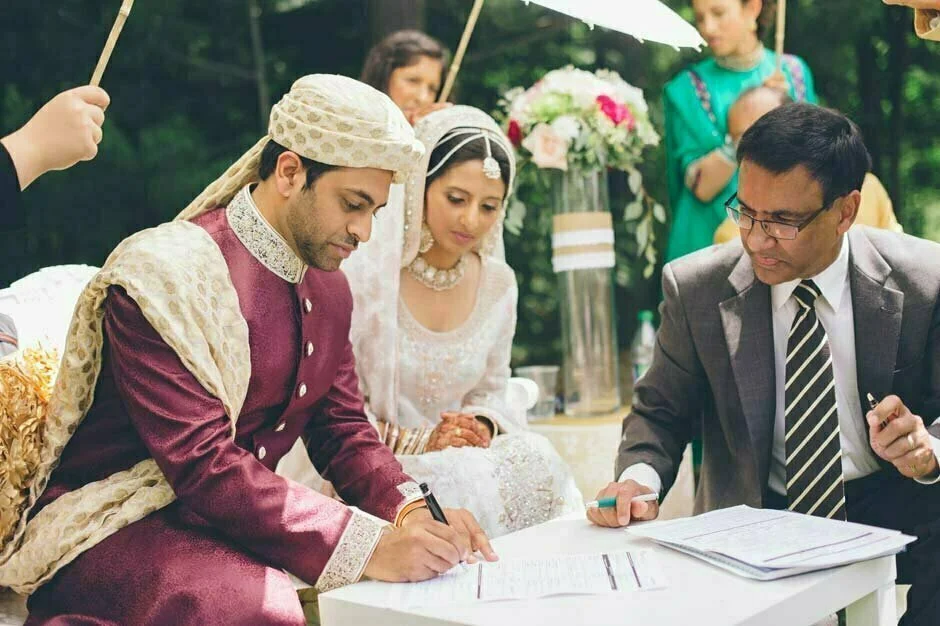
According to Islamic shariah, it is formal binding contract which is an integral part of an Islamic marriage religiously, it describes the responsibilities and right of groom and bride and signed by both bride and groom on nikah document in the presence of their family members. Haq mahr is given to the women as a gift.
Mooh Dikhai Ceremony
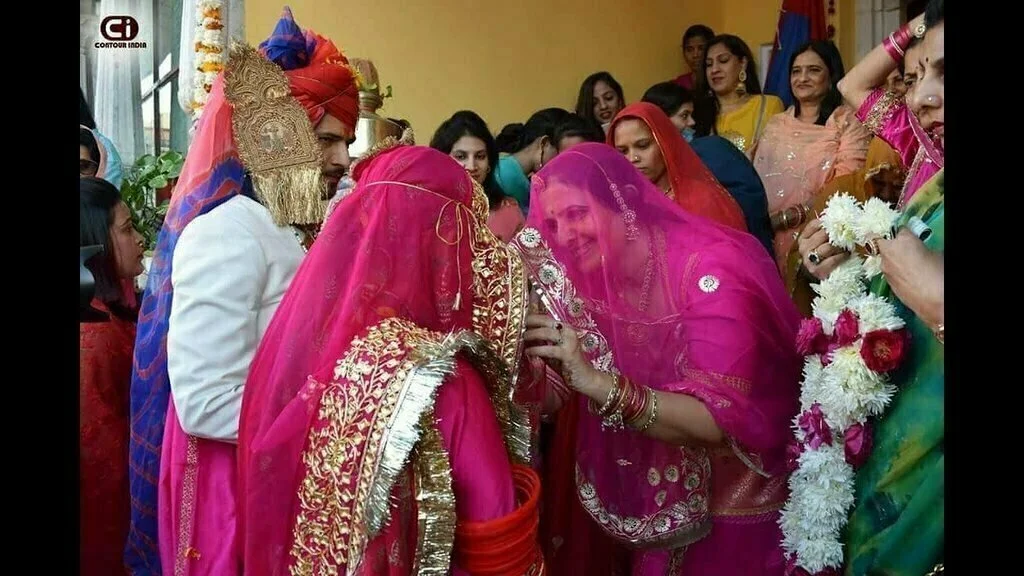
It is the ceremony of first time showing face in the mirror to the bride and groom’s each other after nikah. They share a piece of sweets this custom is mostly known as “Aarsi Musshaf.”
Doodh Pilai Ceremony
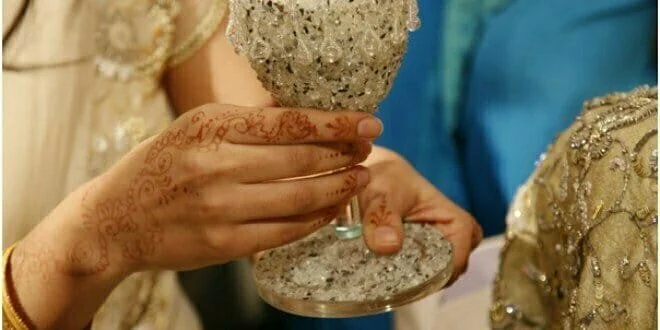
It is the most common custom in Urdu speaker’s families, on the main day of wedding bride’s sister, cousins, and friends bring milk for groom and demand money or gift in return.
Rukhsati Ceremony
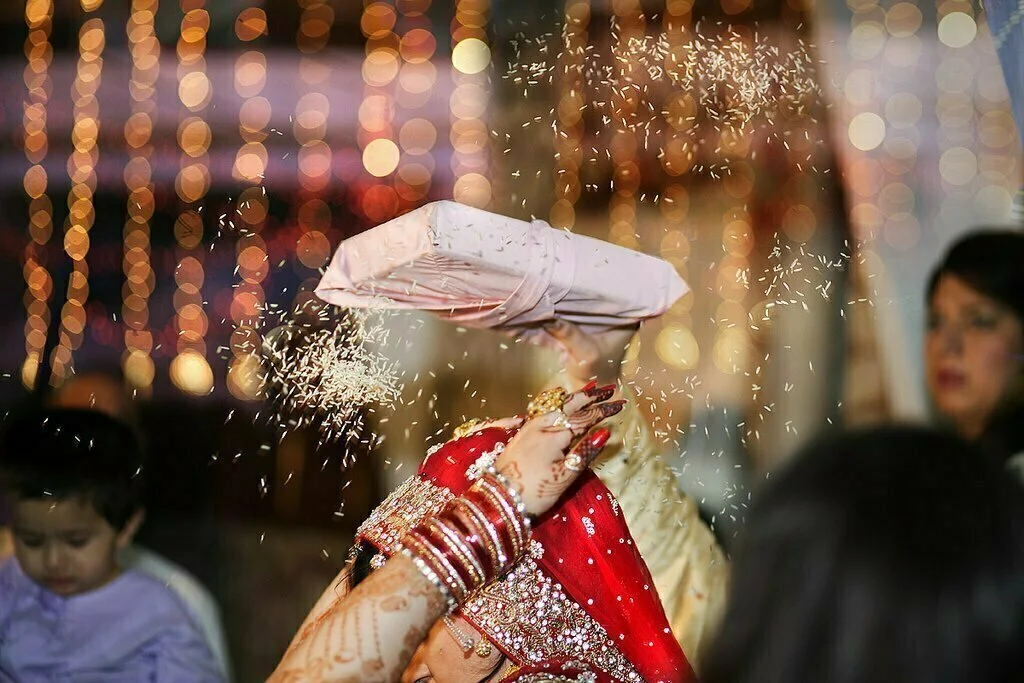
After the nikah ceremony bride left her home.in order to bless and protect the couple, the Holy Book Quran e Pak is held over the brides head, and she leaves the house.
Walima Ceremony
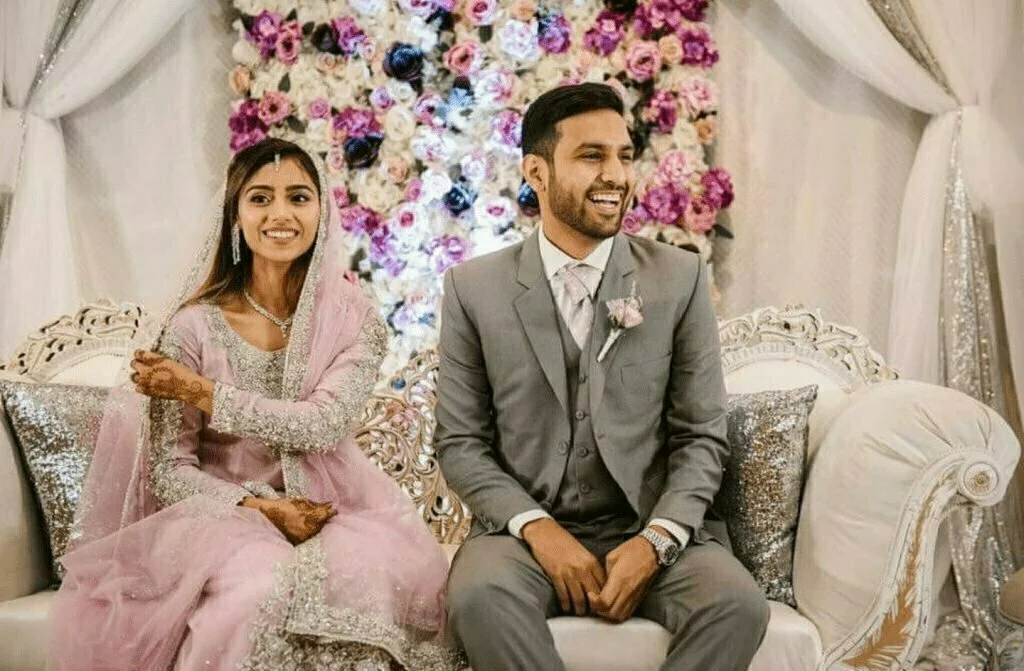
Walima is derived from the Arabic word “awlam” which mean together in a party. Walima is performed after nikah and rukhsti ceremony which is organised by the grooms and his family. Walima is typically the happiest events of the wedding ceremony and to publicise the marriage.
Mobarki Ceremony
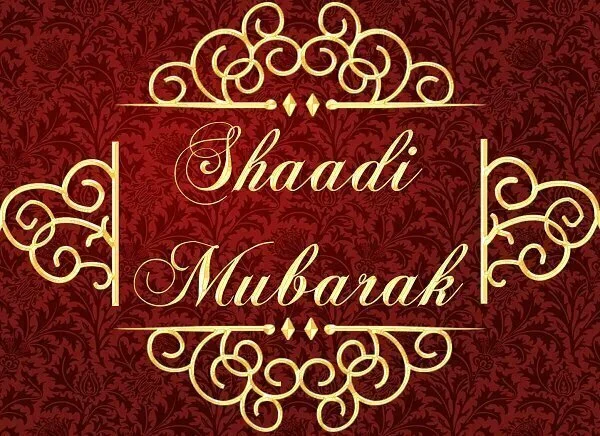
In Bloch wedding, its common tradition after wedding rituals and is hosted by the bride family. The grooms and brides family relative and friends are invited to this event.
Chauthi Ceremony
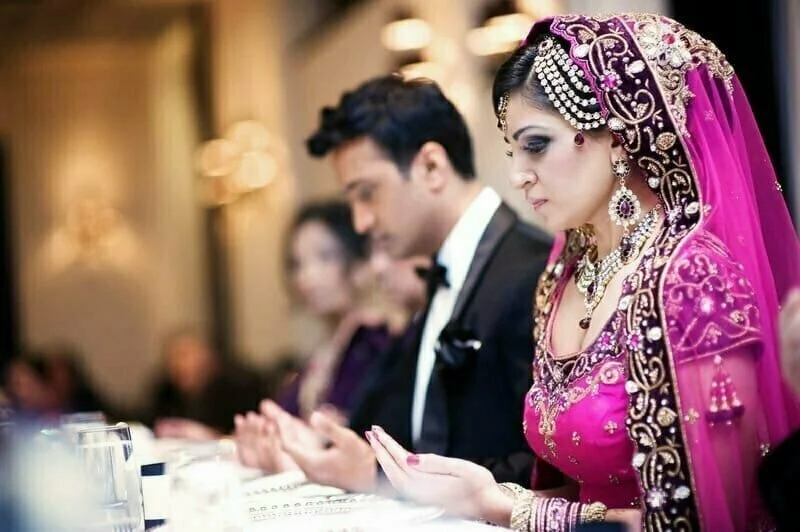
It is most commonly known as the fourth day; it is the custom of bringing back bride at her parents’ home and arranges the dinner for the groom family members. Mostly the bride’s brother goes to fetch their sister home
Gift Ceremony
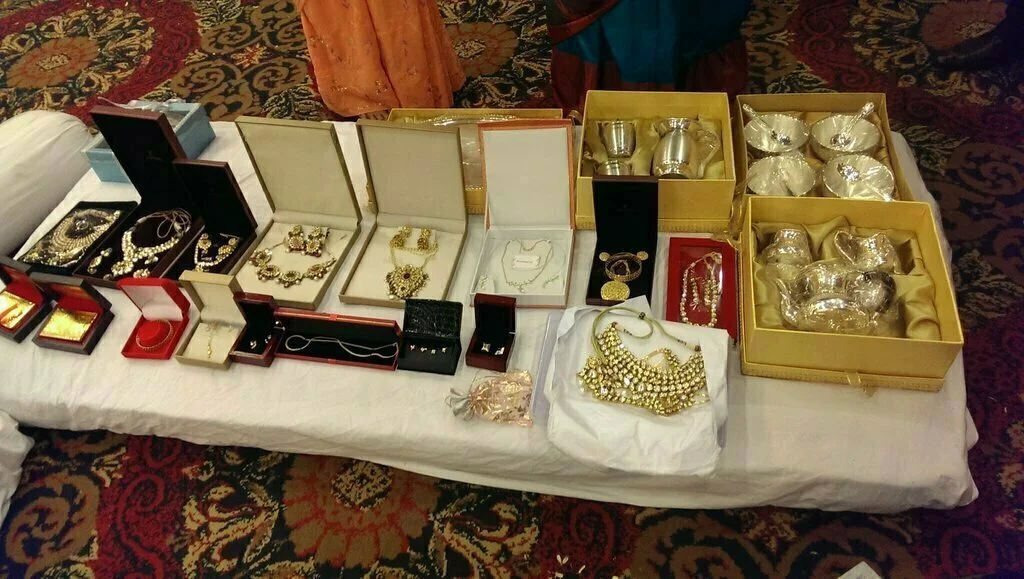
In this ceremony the bride and groom both receive wedding presents in the form of cash, and envelop is given to the bride and groom. Then friends and family of couple invite them for dinner and lunch.

